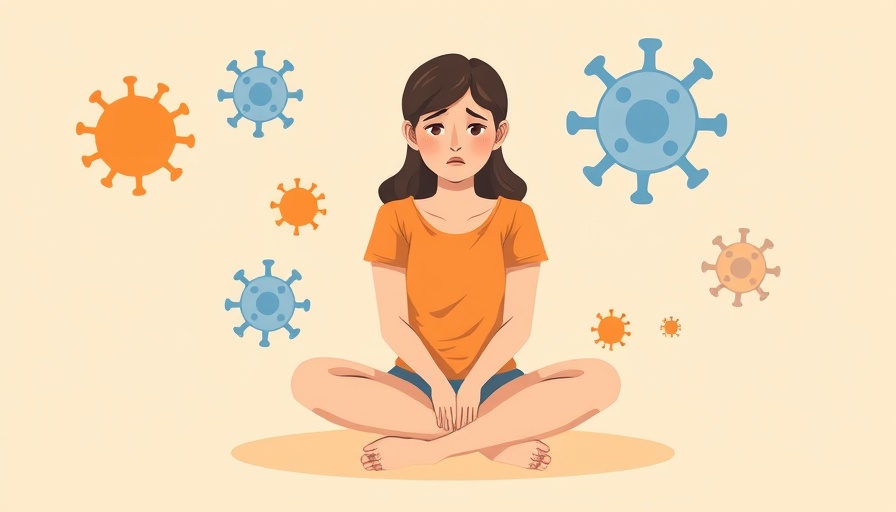
Understanding Health Risks for Men Over 40
As men transition into their forties, their bodies begin to shift in ways that can affect overall health and vitality. Issues like hormonal changes, increasing susceptibility to chronic diseases, and shifting metabolism necessitate a proactive approach to well-being. Regular health screenings can pinpoint early warning signs of health issues, empowering men to take control of their health journey. Routine check-ups should include assessments of cholesterol levels, blood pressure, and diabetes risk, as these are crucial indicators of long-term health management.
The Importance of Preventative Health Tests
For men aged 40 and over, preventative screenings become increasingly important. Medical professionals recommend various tests such as prostate-specific antigen (PSA) tests for prostate health, and colonoscopies to monitor colorectal health. Additionally, testosterone levels may need to be evaluated since low testosterone can influence mood, energy levels, and sexual health. Understanding these factors can help in making informed health decisions and mitigate risks.
A Holistic Approach to Strength and Energy
Those looking to maintain their strength must adopt a holistic lifestyle that incorporates balanced nutrition, regular physical activity, and mental health practices. Embracing dietary changes that emphasize nutrient-dense foods fortified with vitamins and minerals—not only improves physical health but also supports mental well-being. The integration of mind-body therapies like yoga and meditation can be beneficial in alleviating stress and enhancing life satisfaction.
Alternative Therapies for Enhanced Well-being
Exploring alternative and complementary medicine may yield notable benefits for men looking for non-pharmaceutical solutions to health concerns. Practices like acupuncture, chiropractic care, and herbal medicine can provide a supportive framework for those managing chronic pain or looking to boost their vitality naturally. Engaging with practitioners who specialize in holistic healing practices—be it in South Africa or abroad—can provide personalized therapy tailored to individual needs.
Staying Fit with Practical Tips
Maintaining fitness does not have to be overwhelming. Small changes, such as engaging in consistent physical activities like walking, weightlifting, or joining community sports, can yield powerful results. Additionally, incorporating stress-relief remedies through mindfulness techniques and natural supplements can play a crucial role in maintaining overall health. For those exploring supplements, options such as herbal extracts and energy-boosting plants can offer natural alternatives.
Common Misconceptions about Aging and Health
Despite the aging process signifying second chances and fresh opportunities, many harbor misconceptions regarding their health. A prevalent belief is that aging leads to inevitable decline; in reality, adopting a proactive and positive lifestyle significantly influences health trajectories. Men must realize that it is possible to enjoy robust health throughout their later years by making informed choices and seeking the right guidance.
Empowering Yourself with Knowledge
In this age of information, understanding the available resources for healthcare and wellness can guide men to the best decisions for their health. From consulting a homeopath to exploring the beneficial effects of traditional healing practices, arming oneself with knowledge about health options promotes empowerment and navigates the path towards a healthier future.
Recognizing the value of these insights can reshape perceptions about aging, health options, and lifestyle choices, fostering a community where men feel encouraged to thrive in their forties and beyond. The importance of consulting professionals and exploring various therapies cannot be understated, as it leads to informed, healthier lifestyle adaptations.
 Add Row
Add Row  Add
Add 




Write A Comment